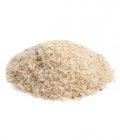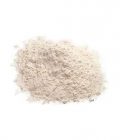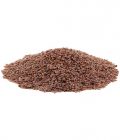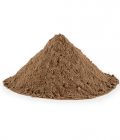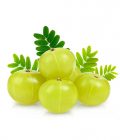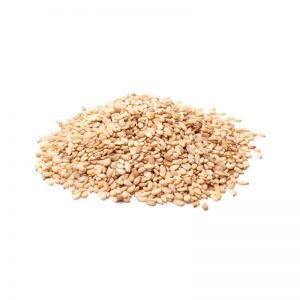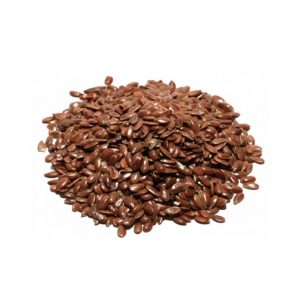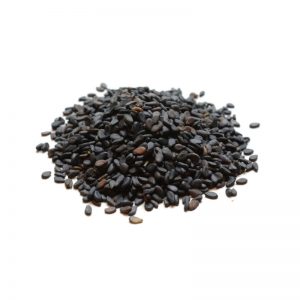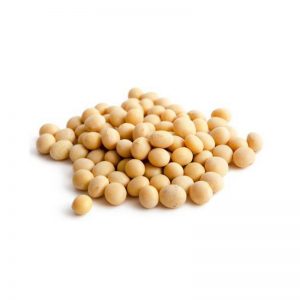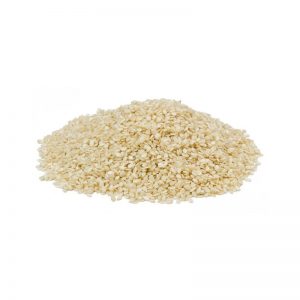Mustard Seeds are the small round seeds of various mustard plants. The seeds are usually about 1 to 2 millimetres in diameter and may be colored from yellowish white to black. They are an important spice in many regional foods and may come from one of three different plants: black mustard (Brassica nigra), brown Indian mustard (B. juncea), or white/yellow mustard (B. hirta/Sinapis alba).
Mustard Seed
| OTHER NAME | : | Sarson, Rai, Indian colza |
| BOTANICAL NAME | : | Brassica nigra |
| SYNONYMS | : | Brassica juncea, Sinapis hirta |
| PLANT FAMILY | : | Brassicaceae |
| PART USED | : | – |
Featured Products
Mustard oil has a special fatty acid composition, it contains about 20–28% oleic acid, 10–12% linoleic, 9.0–9.5% linolenic acid, and 30–40% erucic acid.
Mustard oil is the predominant cooking medium. Mustard seeds are also essential ingredients in spicy dishes. Mustard oil (Sarson ka tel) is used for body massage during extreme winters, as it is assumed to keep the body warm. Mustard seeds are rich in a nutrient called selenium, known for its high anti-inflammatory effects. Mustard Seed contain high source of magnesium in mustard seeds helps reducing the severity of asthma attacks and certain symptoms of rheumatoid arthritis and lowering blood pressure.



